Hi! Our privacy policy explains how we use your data and cookies. By continuing to browse the site, you're agreeing to our use of cookies.
CheckYourFood Battles: Carrot vs Chard
Who will win this battle?
- CheckYourFood September 30, 2020
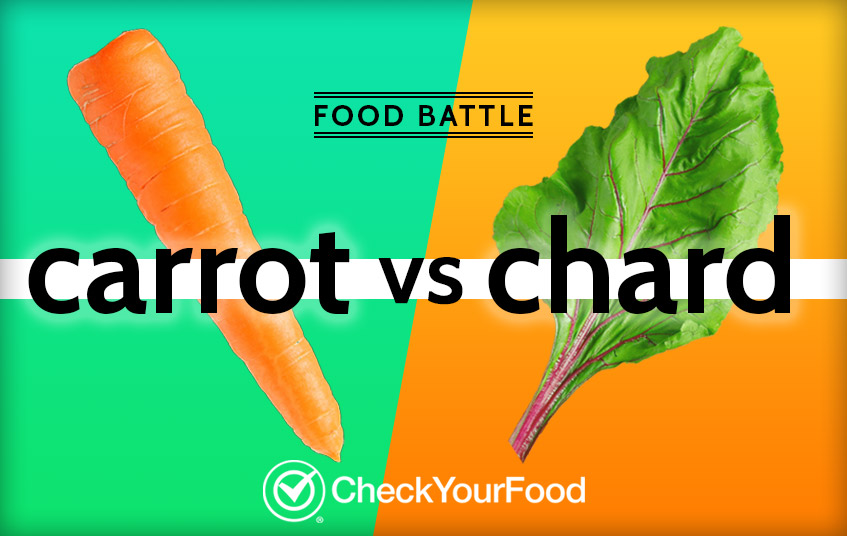
Share
Carrot vs Chard
One is a classic vegetable found in Sunday roasts and salads alike. The other is a leafy green that doesn’t get as much attention as Kale or Spinach. So, which is more nutritious?
As always we’re comparing realistic portions sizes against the RDA* of an average adult to give you an honest verdict. That’s 50 grams of steamed of both Carrot and Chard.
*RDA = Recommended Daily Amount
Round One: Vitamins
Folate (B9)
Carrot: 3.2µg / 0.80% of your RDA
Chard: 70.13µg / 17% of your RDA
Folate (B9) contributes to mental health, cardiovascular and immune system health, cell division, DNA creation and the reduction of tiredness and fatigue
Thiamin (B1)
Carrot: 0.06mg / 5% of your RDA
Chard: 0.02mg / 1% of your RDA
Thiamin (B1) contributes to your heart function, energy creation and the maintenance of your mental and emotional state
Vitamin A
Carrot: 441µg / 55% of your RDA
Chard: 180.5µg / 22% of your RDA
Vitamin A contributes to your vision, immune system, absorption of iron (for energy creation) and has a role in cell 'specialisation'
Vitamin C
Carrot: 0.75mg / 0.71% of your RDA
Chard: 12.75mg / 12% of your RDA
Vitamin C contributes to protecting your cells and mental health, supports your immune system, contributes to your skin, blood vessels, bones and organs and reduces tiredness and fatigue
Vitamin E
Carrot: 0.04mg / 0.27% of your RDA
Chard: 0.9mg / 5% of your RDA
Vitamin E contributes to the protection of your cells from the damaging effects of ‘free radicals’
Vitamin K
Carrot: 2.48µg / 2% of your RDA
Chard: 394.25µg / 375% of your RDA
Vitamin K is essential for blood clotting and plays a key role in your bone health
Verdict: Chard takes Round One, 4 vitamins to 2
Round Two: Minerals
Copper
Carrot: 0.02mg / 1% of your RDA
Chard: 0.09mg / 6% of your RDA
Copper protects your cells from damaging free radicals and contributes to your energy creation, immune system and nervous system
Iron
Carrot: 0.12mg / 0.88% of your RDA
Chard: 0.9mg / 6% of your RDA
Iron contributes to your immune system, cell division, red blood cell formation, the reduction of tiredness and fatigue and your ability to process information
Magnesium
Carrot: 3.5mg / 0.96% of your RDA
Chard: 40.5mg / 11% of your RDA
Magnesium contributes to reducing tiredness and fatigue, healthy cell division, muscles, bones, teeth, nervous system and mental health
Manganese
Carrot: 0.04mg / 1% of your RDA
Chard: 0.18mg / 6% of your RDA
Manganese contributes to protecting your cells from damage and is important for healthy bone, connective tissue and energy creation
Verdict: And Chard takes Round Two 4 minerals to 0!
Round Three: Phytochemicals
Lutein and zeaxanthin
Carrot: 115.2µg / 5% of your CheckYourFood recommendation
Chard: 5225µg / 261% of your CheckYourFood recommendation
Lutein and zeaxanthin may protect our eyes from damage and degeneration and contribute to our ability to use skills and memory into old age
Myricetin
Carrot: 0.02mg / 1% of your CheckYourFood recommendation
Chard: 0.64mg / 42% of your CheckYourFood recommendation
Myricetin may protect our cells from damage & may offer protection from cancer and diabetes
Quercetin
Carrot: 0.07mg / 0.74% of your CheckYourFood recommendation
Chard: 2.18mg / 21% of your CheckYourFood recommendation
Quercetin may provide protection against cardiovascular disease, improve mental health, protect our liver and kidneys and help with allergies such as asthma and hay fever
Verdict: And Chard takes Round Two 3 phytochemicals to 0!
The Winner: Chard!
In this battle Chard destroys Carrot by 11 nutrients to 2.
Chard is great for your sight, brain, DNA, blood and skin health and more! Find out more about Chard here.

CheckYourFood
Guest Blog
This is a guest post provided by Hannah Garcia. This post may contain affiliate links, but rest assured we only print blogs that fit our strict guidelines and with links to companies that we approve of.
Love this? Get blogs and more in your inbox
Subscribe to receive our blogs plus each weeks featured ingredient, recipe and nutrient in your inbox
SUBSCRIBE
Thank you for registering
Search
Recent Posts
Tags
- added sugar
- alkaline
- alzheimer’s
- amino acids
- anti-inflammatory
- antioxidants
- beta carotene
- biotin
- black pepper
- blood pressure
- boil
- brocolli
- calcium
- calorie
- calories
- cancer
- capsaicin
- carbohydrate
- carotenoids
- chicken recipes
- chocolate
- cholesterol
- choline
- christmas
- clean eating
- coenzyme q10
- copper
- covid-19
- curry
- dementia
- detox
- diabetes
- diet
- easter
- endurance
- energy
- equinox
- fat
- fats
- fatty acids
- fibre
- fish
- flavonoid
- folate
- food battles
- food diary
- food tracker
- fruit
- gut health
- halloween
- health
- health goals
- heart disease
- high fructose corn syrup
- ibs
- immune system
- in season
- iodine
- iron
- kids yogurt
- life
- lipoic acid
- liver
- low carb
- lutein and zeaxanthin
- lycopene
- macronutrients
- magnesium
- manganese
- medicine
- mental health
- micronutrients
- microwave
- minerals
- myricetin
- natural sugar
- niacin
- nutrition
- obesity
- olive oil
- omega 3
- omega 6
- organic
- pantothenic acid
- phenylalanine
- phosphorus
- phytochemicals
- phytosterols
- pizza
- polyphenols
- potassium
- pregnancy
- probiotic
- protein
- quercetin
- rda
- recipe
- red wine
- resveratrol
- retention
- riboflavin
- saturated fat
- selenium
- seniors
- soup
- spice
- steam
- stress
- stroke
- sugar
- sugar free yogurt
- superfood
- supplements
- teaching
- thanksgiving
- thiamin
- thyroid
- tomatoes
- turmeric
- veg
- vegan
- vegetables
- virus
- vision
- vitamin a
- vitamin b12
- vitamin b6
- vitamin c
- vitamin d
- vitamin e
- vitamin k
- vitamins
- water
- weight loss
- weightloss
- yogurt
- zinc

The personalised nutrition platform for health hungry people

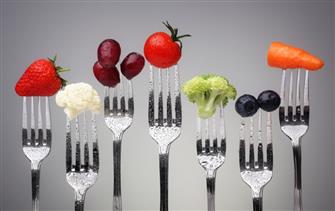 About nutrients
About nutrients
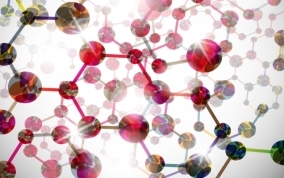 All nutrients
All nutrients
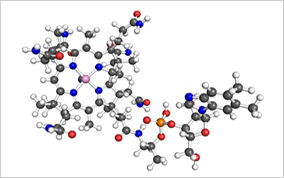 vitamins
vitamins
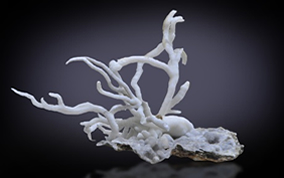 minerals
minerals
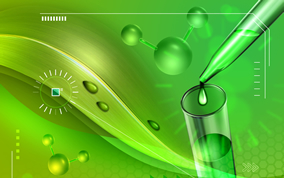 phytochemicals
phytochemicals
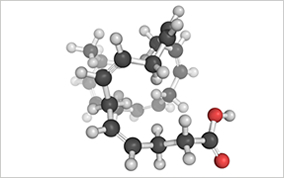 fatty acids
fatty acids
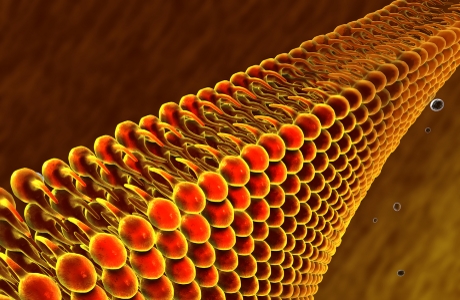 macronutrients
macronutrients
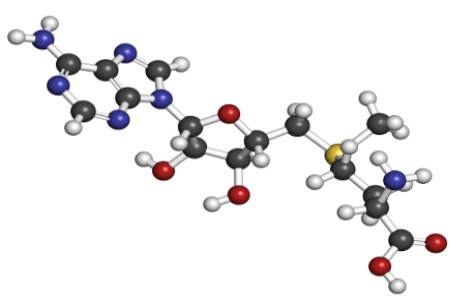 amino acids
amino acids


